Summary of basic rights of Vietnamese citizens
What are the regulations on the basic rights of Vietnamese citizens? - My Le (Bac Ninh, Vietnam)
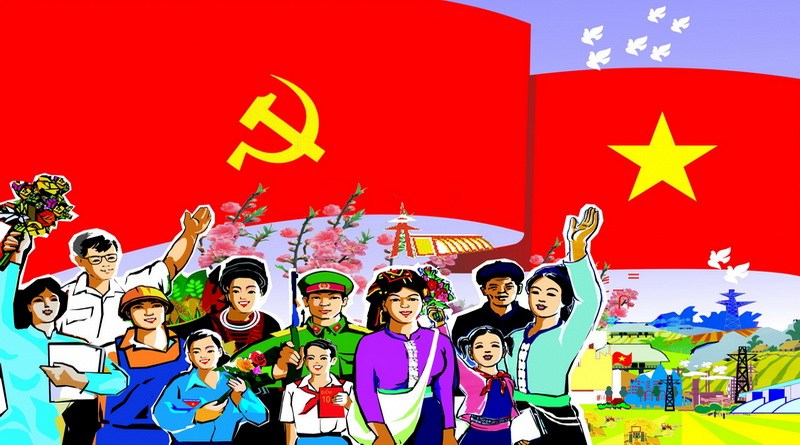
Summary of basic rights of Vietnamese citizens (Internet image)
Regarding this issue, LawNet would like to answer as follows:
The basic rights of Vietnamese citizens are prescribed from Article 19 to Article 43 of the Constitution 2013 of the Socialist Republic of Vietnam, including the following rights:
1. Right to life in Vietnam
Article 19 of the Constitution 2013 stipulates that everyone has the right to life. Human life is protected by law. No one may be deprived of life in contravention of law.
2. Right to inviolability of the body, to the protection by law of health, honor and dignity in Vietnam
According to Article 20 of the Constitution 2013:
- Everyone has the right to inviolability of his or her body and to the protection by law of his or her health, honor and dignity; no one shall be subjected to torture, violence, coercion, corporal punishment or any form of treatment harming his or her body and health or offending his or her honor and dignity.
- No one may be arrested without a decision of a People’s Court, or a decision or approval of a People’s Procuracy, except in case of a flagrant offense. The arrest, holding in custody, or detention, of a person shall be prescribed by a law.
- Everyone has the right to donate his or her tissues, organs or body in accordance with law. Medical, pharmaceutical and scientific experiments, or any other form of experiments, on the human body must be consented to by the human subject.
3. Right to nviolability of private life, protection of honor and reputation in Vietnam
Article 21 of the Constitution 2013 stipulates that everyone has the right to inviolability of private life, personal secrets and family secrets; and has the right to protect his or her honor and reputation. The security of information about private life, personal secrets or family secrets shall be guaranteed by law.
Everyone has the right to privacy of correspondence, telephone conversations, telegrams and other forms of private communication. No one may illegally break into, control or seize another’s correspondence, telephone conversations, telegrams or other forms of private communication.
4. Right to a legal residence and inviolability of their home in Vietnam
- Every citizen has the right to a legal residence.
- Everyone has the right to inviolability of his or her home. No one may enter the home of another person without his or her consent.
- The search of homes shall be prescribed by a law.
(Based on Article 22 of the Constitution 2013)
5. Right to free movement and residence in Vietnam
Citizens have the right to free movement and residence within the country, and the right to leave the country and to return home from abroad. The exercise of those rights shall be prescribed by law.
6. Right to freedom of belief and religion in Vietnam
The Constitution 2013 stipulates the right to freedom of belief and religion as follows:
- Everyone has the right to freedom of belief and religion, and has the right to follow any religion or to follow no religion. All religions are equal before law.
- The State shall respect and protect the freedom of belief and religion.
- No one may violate the freedom of belief and religion, nor may anyone take advantage of a belief or religion in order to violate the law.
7. Right to freedom of speech and freedom of the press in Vietnam
Citizens have the right to freedom of speech and freedom of the press, and have the right of access to information, the right to assembly, the right to association, and the right to demonstrate. The exercise of those rights shall be prescribed by law.
8. Right to gender equality in Vietnam
According to the Constitution 2013, male and female citizens have equal rights in all fields. The State shall adopt policies to guarantee the right to and opportunities for gender equality.
The State, society and family shall create the conditions for women to develop comprehensively and to advance their role in society. Gender discrimination is prohibited.
9. The right to vote, stand for election, participate in state management, and vote in referendums
Every citizen who reaches the age of eighteen has the right to vote. Every citizen who reaches the age of twenty-one has the right to stand for election to the National Assembly or People’s Councils. The exercise of those rights shall be prescribed by a law.
- Citizens have the right to participate in the management of the State and management of society, and to discuss and propose to state agencies issues about their base units, localities and the whole country.
The State shall create the conditions for citizens to participate in the management of the State and society; and shall publicly and transparently receive and respond to the opinions and petitions of citizens.
- Citizens who reach the age of eighteen have the right to vote in referenda organized by the State.
10. Right to work
- Citizens have the right to work and to choose their occupations, employment and workplaces.
- Employees are guaranteed equal and safe working conditions; and have the right to wages and rest periods.
- Discriminatory treatment, forced labor or the employment of people below the minimum working age is prohibited.
11. Some other rights of Vietnamese citizens
- Citizens have the right and obligation to learn.
- Everyone has the right to research science and technology, to create literature and art and to benefit from such activities.
- Everyone has the right to enjoy and access cultural values, participate in cultural life, and use cultural facilities.
- Citizens have the right to identify their ethnicity, use their native language, and choose a language of communication.
- Everyone has the right to live in a healthy environment and has an obligation to protect the environment.
In addition, Vietnamese citizens also enjoy the freedom to do business in industries that are not prohibited by law, and are guaranteed social security, etc., and many other rights specified in the Constitution 2013 and specialized legal documents.
- Cases of land rent exemption and reduction under the latest regulations in Vietnam
- Economic infrastructure and social infrastructure system in Thu Duc City, Ho Chi Minh City
- Regulations on ordination with foreign elements in religious organizations in Vietnam
- Increase land compensation prices in Vietnam from January 1, 2026
- Determination of land compensation levels for damage during land requisition process in Vietnam
- Who is permitted to purchase social housing according to latest regulations in Vietnam?
-
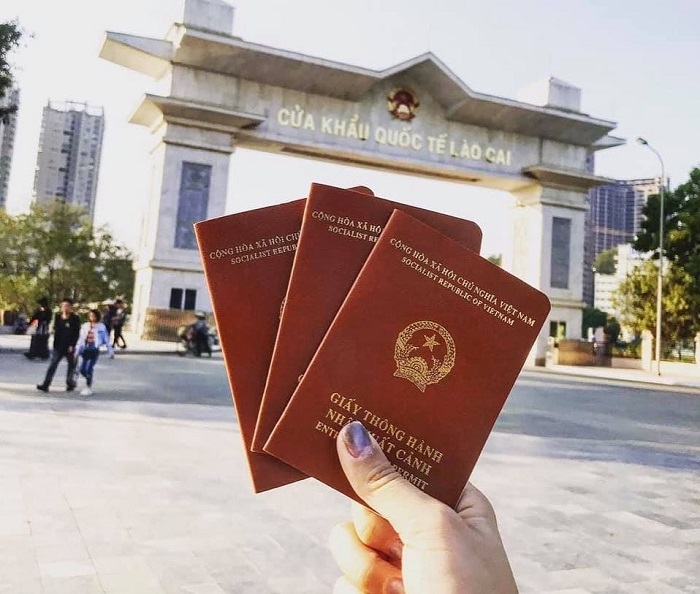
- Procedures for providing information related to ...
- 15:30, 01/08/2024
-
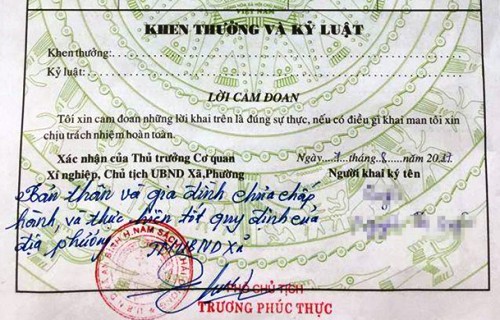
- Prohibition of Commenting on the Adherence to ...
- 12:07, 11/07/2024
-
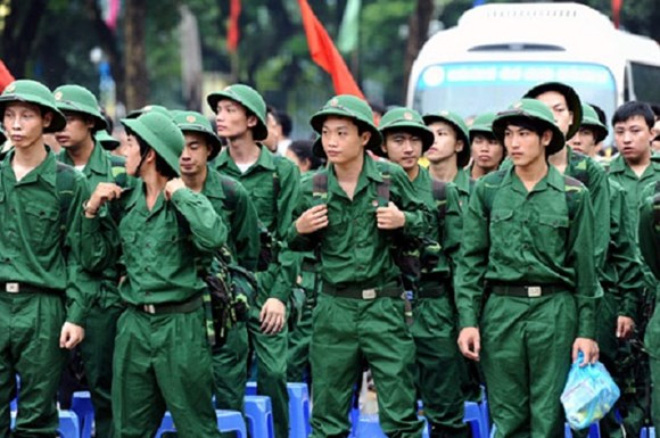
- 12 cases of Vietnamese citizens who meet the health ...
- 11:57, 11/07/2024
-
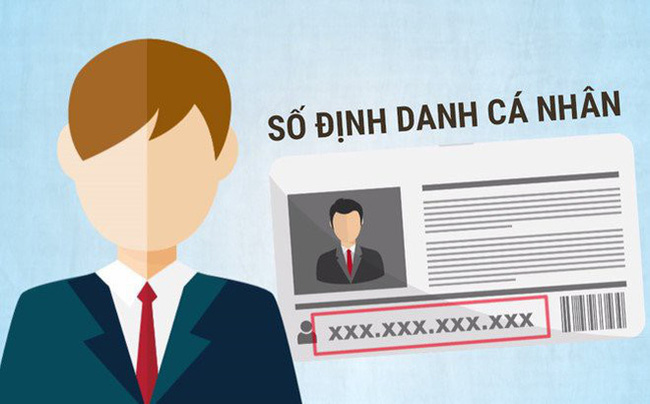
- Vietnam: What is a Personal Identification Number ...
- 13:43, 10/07/2024
-

- Increase in the frequency of flights repatriating ...
- 03:17, 10/07/2024
-

- Notable new policies of Vietnam effective as of ...
- 16:26, 11/04/2025
-
.Medium.png)
- Notable documents of Vietnam in the previous week ...
- 16:21, 11/04/2025
-
.Medium.png)
- Notable documents of Vietnam in the previous week ...
- 16:11, 02/04/2025
-
.Medium.png)
- Notable new policies of Vietnam to be effective ...
- 16:04, 02/04/2025
-
.Medium.png)
- Notable new policies of Vietnam effective from ...
- 14:51, 21/03/2025

 Article table of contents
Article table of contents
